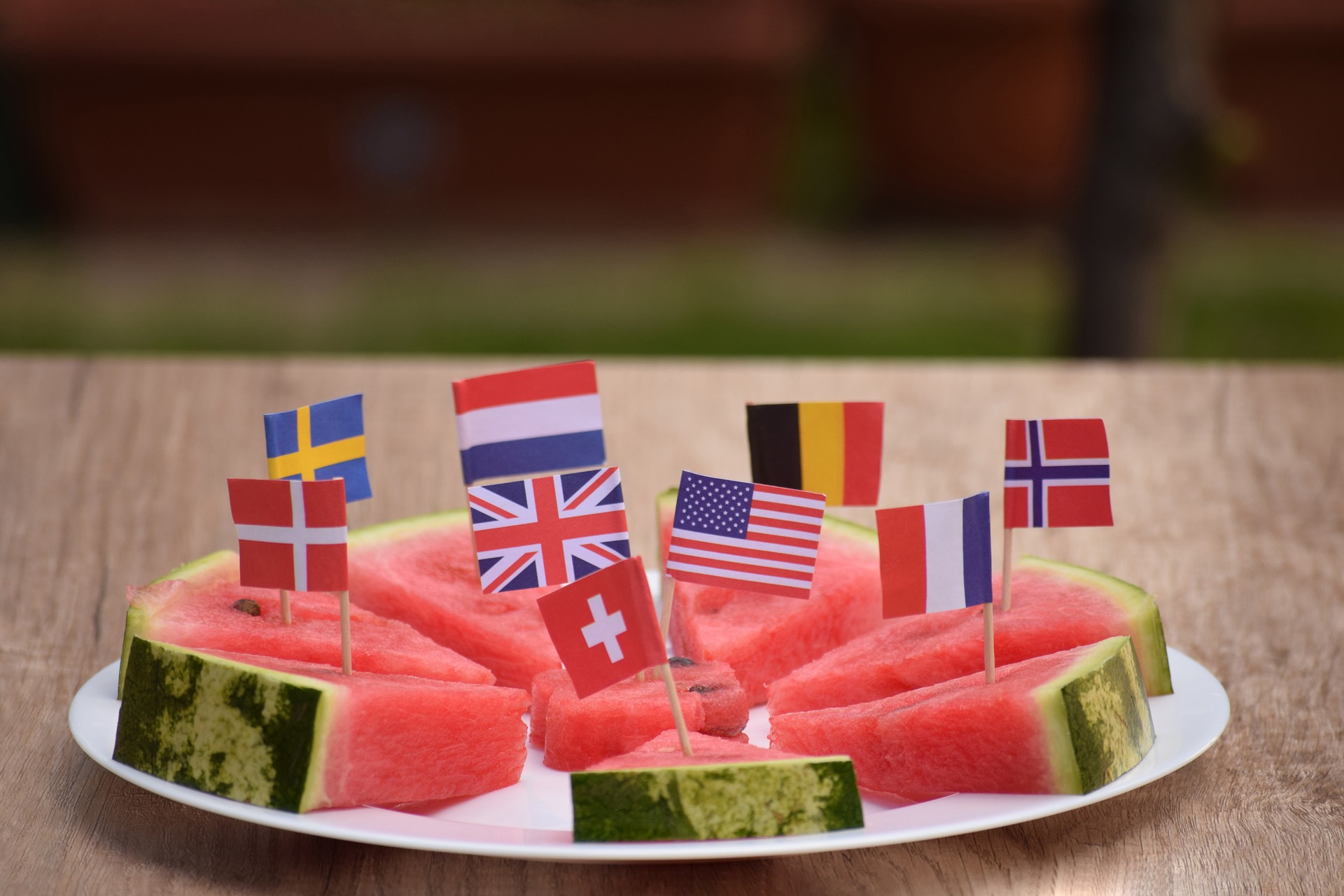
What are some of your routines around food? Our routines and our choices around food and meal times can either promote health or dis-ease.
Our government provides guidelines every five years on what and how much to eat each day for good health. Nutrition science and trends change quickly, and in 20 years we’ll know a lot more than we know today. Unfortunately, governments often do not keep up with these trends, and new research often disputes many of the recommendations. Guidelines and legislation too are slowly updated and often present confusing, contradictory information – all of which is heavily influenced by the meat, milk, sugar, grain, and dairy industries. The public needs real information about what works, and what doesn’t work in the food system and unbiased health coaches can help provide this information, and cut through the confusion for our clients.
You may not have thought about it, but the US is not the only country to have food guidelines. You’ve probably heard of MyPlate, based on the US guidelines. Harvard University also came up with alternate guidelines which are based in science and not influenced by industry.
Here is an interesting look at some of the ways that governments and societies around the world suggest eating for optimal health.
Germany
Preferably cook foods on low heat, for a short time, using little amount of water and fat.
Use fresh ingredients whenever possible (this helps to reduce unnecessary packaging waste).
Take your time and enjoy eating.
Brazil
Eat regularly and carefully in appropriate environments and, whenever possible, in company.
Develop, exercise and share cooking skills.
Plan your time to make food and eating important in your life.
Be wary of food advertising and marketing.
Sweden
Try to maintain energy balance by eating just the right amount. (Not too much oversight in Sweden!)
Qatar
Build and model healthy patterns for your family:
• Keep regular hours for meals.
• Eat at least one meal together daily with family.
• Be a role model for your children when it comes to healthy eating and physical activity
Canada
Be mindful of your eating habits
· Take time to eat
· Notice when you are hungry and when you are full
Cook more often
· Plan what you eat
· Involve others in planning and preparing meals
Enjoy your food
· Culture and food traditions can be part of healthy eating
Eat meals with others
Notice the mention in 4 of the 5 countries that food is to be enjoyed in the company of others. It’s a great reminder for those of us who eat breakfast in the car on the way to work, or take lunch at our desks!
If you are confused about the “healthiness” of your nutrition, schedule a complimentary consultation and we can talk and perhaps tweak a few things to affect your overall health.
Healthy and happy eating to you!

Mary Ellen Zung is a holistic Health Coach working with people who want to feel better and have more control over their lives, their health, and their happiness.
Mary Ellen holds a BA in Psychology from Emmanuel College, a teaching certificate, and has been a long-time student of nutrition science and coaching methodology. She worked as a wellness coach with a popular weight loss company for 14 years, and received further training and certification from the Institute for Integrative Nutrition, where she studied a variety of dietary theories and practical lifestyle coaching methods.
Mary Ellen is a certified Lifestyle Coach for the National Diabetes Prevention Program. She is a member of the International Association of Health Coaches, the American Association of Drugless Practitioners, and the Natural Life Business Partnership.
